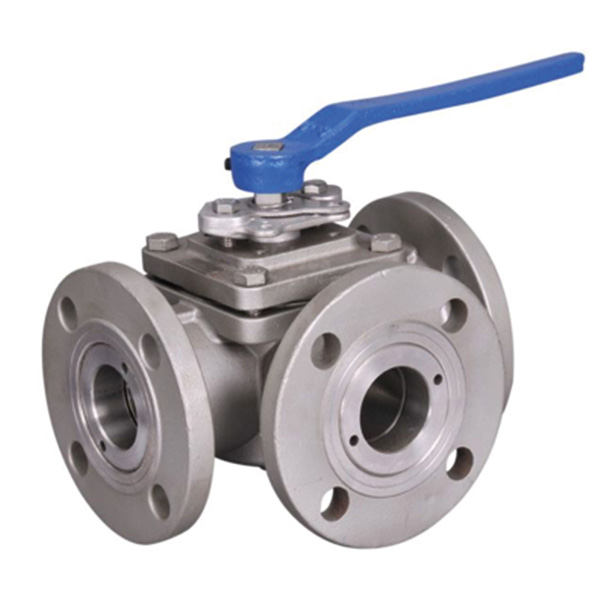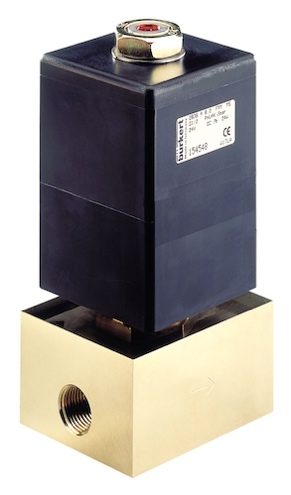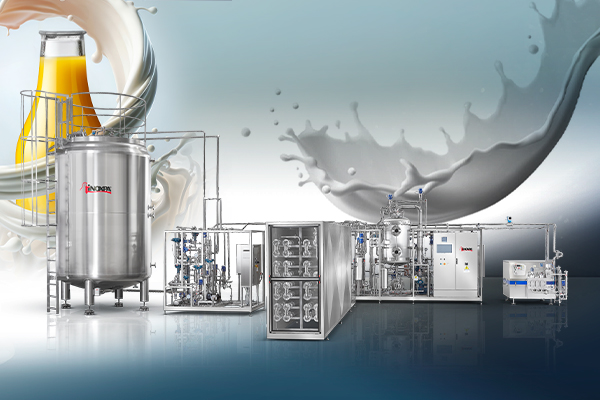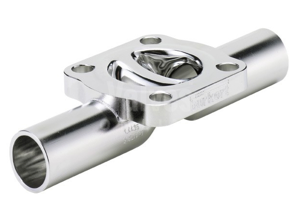
What is a Mash Tun? A Guide to Brewing & Distilling Equipment
Brewing beer or distilling whisky is a carefully controlled process that blends science with craft. At the core of this process is one crucial vessel—the mash tun. But what is a mash tun, and what does it do?
At BM Engineering Supplies, we support breweries and distilleries with food-safe, efficient flow control equipment designed for high-performance brewing systems. Let’s take a closer look at what a mash tun is, how it works, and the equipment that supports it.
What is a Mash Tun?
A mash tun is a vessel used in the brewing and distilling industries to convert starches from malted grains (such as barley) into fermentable sugars. This conversion process, known as mashing, produces a sugary liquid called wort, which becomes the foundation for alcoholic fermentation.
Maintaining a stable temperature—typically between 62°C and 67°C (144–153°F)—is essential for activating malt enzymes, which convert starches into sugars. This temperature range is scientifically proven to support both alpha-amylase and beta-amylase activity, the two primary enzymes responsible for this transformation.
How Does a Mash Tun Work?
A mash tun typically includes:
-
A false bottom or slotted filter to separate grain solids from liquid.
-
Insulated walls or a heating system to retain or control temperature.
-
A drain valve, often a knife gate valve, to transfer wort.
-
Recirculation systems for uniform temperature and wort clarity.
-
Temperature sensors or thermometers for process control.
During mashing, hot water (strike water) is mixed with milled grains. The enzymes naturally present in malted barley then convert complex starch molecules into simple fermentable sugars over 60–90 minutes.
Once this is complete, the wort is separated from the spent grains through lautering—a process that involves draining the liquid through the grain bed and collecting it for the next stage (usually boiling in a kettle or still).
Equipment for Mash Tuns from BM Engineering Supplies
At BM Engineering, we supply hygienic, food-safe equipment ideal for mash tun applications across breweries, distilleries, and beverage processing plants. Our products are sourced from leading manufacturers such as Burkert, Orbinox, and Inoxpa, all trusted for quality in the food and drink industry.
🔧 Key Products for Mash Tun Systems
🔗 Orbinox EX Knife Gate Valve
Designed for handling slurries and thick liquids such as wort or spent grain, this pneumatically actuated valve offers smooth and reliable operation—ideal for draining mash tuns at scale.
🔗 Burkert 2301 Control Valve
A precision control valve used for regulating strike water temperature or recirculation flow. Features hygienic design and food-grade compatibility.
🔗 Inoxpa Hygienic Centrifugal Pump
Efficient, low-shear transfer of wort and cleaning fluids. Ideal for recirculating mash or transferring between vessels without damaging product integrity.
🔗 Instrumentation and Sensors
Temperature and flow monitoring tools ensure consistent mash performance and system control.
The Mashing Process: From Grain to Wort
Here’s a step-by-step look at how the mash tun functions in brewing:
-
Heat Strike Water
Water is heated to slightly above the target mash temperature to offset the grain’s cooling effect. -
Add Milled Grains
Grains are added and thoroughly mixed to create the mash. Enzymes begin breaking starch into sugars. -
Maintain Mash Temperature
Over 60–90 minutes, temperatures are held in the optimal enzymatic range (62–67°C) to maximise sugar extraction. -
Lautering
Wort is carefully drained from the mash tun, filtered through the grain bed using a false bottom. It’s then either recirculated for clarity or transferred to the next vessel. -
Sparging (Optional)
Additional hot water is sprayed over the grains to rinse out remaining sugars and increase wort yield.
Cleaning and Maintaining Mash Tuns
Keeping a mash tun clean is critical for both hygiene and product quality. Post-brew maintenance includes:
-
Removing spent grain promptly to prevent hardening and microbial growth.
-
Cleaning the false bottom and valve components thoroughly.
-
Rinsing with food-safe cleaners and sanitising before the next use.
BM Engineering Supplies offers valves with CIP (Clean-in-Place) compatibility, and we stock replacement parts to help you avoid unplanned downtime.
Supporting the Brewing and Distilling Industry
BM Engineering Supplies supports:
-
Craft breweries
-
Whisky and gin distilleries
-
Beverage processing plants
Our solutions are designed to meet the EHEDG and FDA standards for hygiene and safety. Whether you’re building a new brewhouse or upgrading an existing mash system, our team can help specify the correct components for optimal performance and compliance.
What is a Mash Tun? Final Thoughts
To sum up: a mash tun is the critical first step in brewing and distilling. It enables the conversion of starch to sugar, setting the foundation for high-quality alcohol production. From wort separation to flow control, every part of the mash tun must be engineered for precision and hygiene.
BM Engineering Supplies delivers trusted valves, pumps, and instrumentation that keep your process efficient, clean, and consistent.
🔗 Ready to upgrade your mash tun system?
Visit our online store at www.bmengineering.com/store
or contact BM Engineering Supplies today
at 0141 762 0657 or via email at sales@bmengieering.co.uk.



